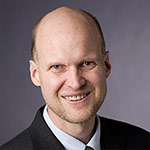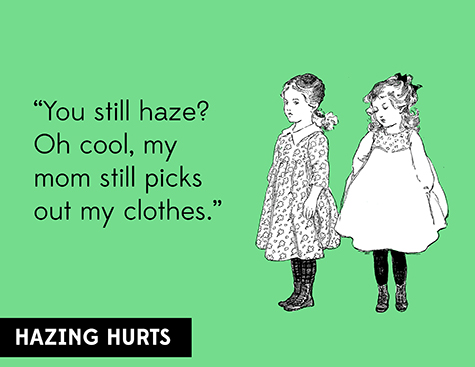Here’s one reason not to haze — it’s against university policy and Missouri law.
But there’s another reason — it messes with people’s heads.

That’s the message junior Paul Drabinski, new member educator for Sigma Alpha Epsilon fraternity, took away from a lecture by Tim Marchell, PhD, associate director for health promotion at Cornell University and a leading expert on the psychology of hazing.
“Instead of just talking about the risks, he explains the psychology behind hazing and what people’s minds go through,” said Drabinski, who heard Marchell speak last summer. “He absolutely made me look at hazing in a new way.”
As part of Washington University in St. Louis’ Hazing Prevention Week, Marchell will visit campus Monday, Feb. 24, for two lectures: a brown-bag program for faculty and staff at noon in the Mallinckrodt Center Multipurpose Room and a presentation for students at 6 p.m. in Seigle Hall. Drabinski said Marchell’s research serves as powerful rebuttal to those who rationalize hazing.
“When it comes to hazing, students say, ‘It’s tradition,’ or ‘The pledges will get through it,’ or ‘It’s not that bad,’” Drabinski said. “But you don’t know that. Everyone’s brain is wired differently. This is all about mental health.”
To further raise awareness, the Anti-Hazing Working Group has posted digital ads that playfully mock hazing. Mike Hayes, executive director of campus life, also is encouraging to students to sign the “Hazing Hurts – Take the Pledge to STOP Hazing” banner, which will be displayed at various venues across campus.
